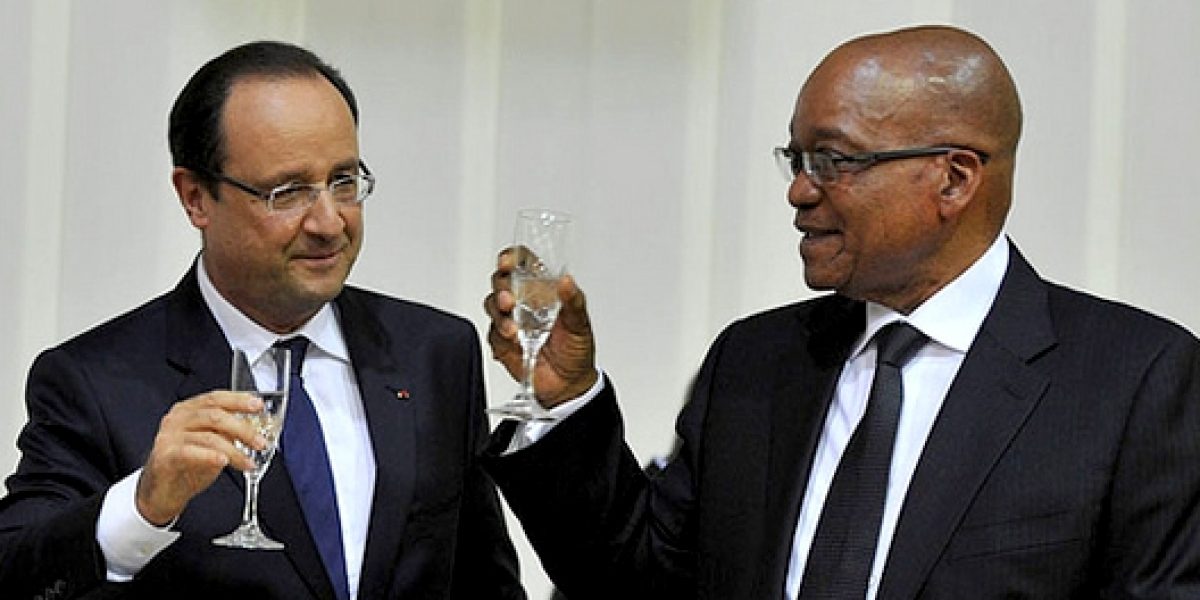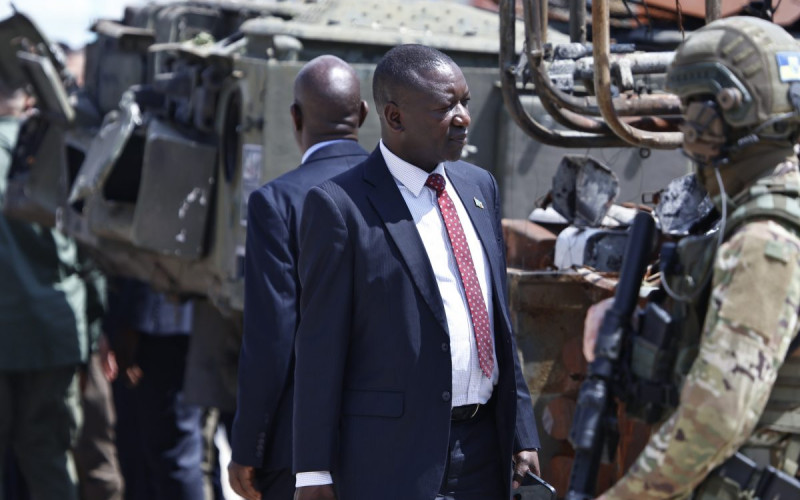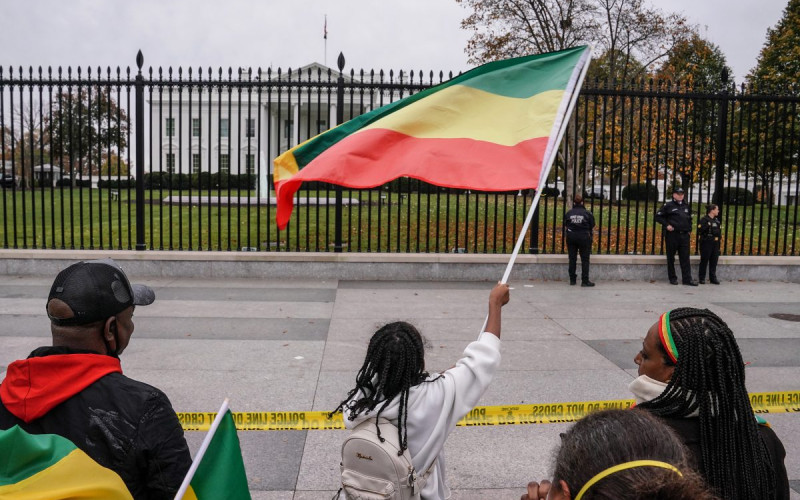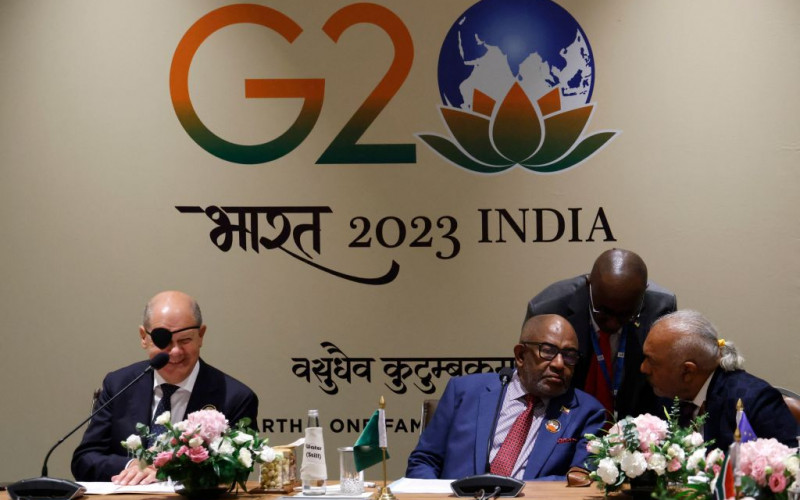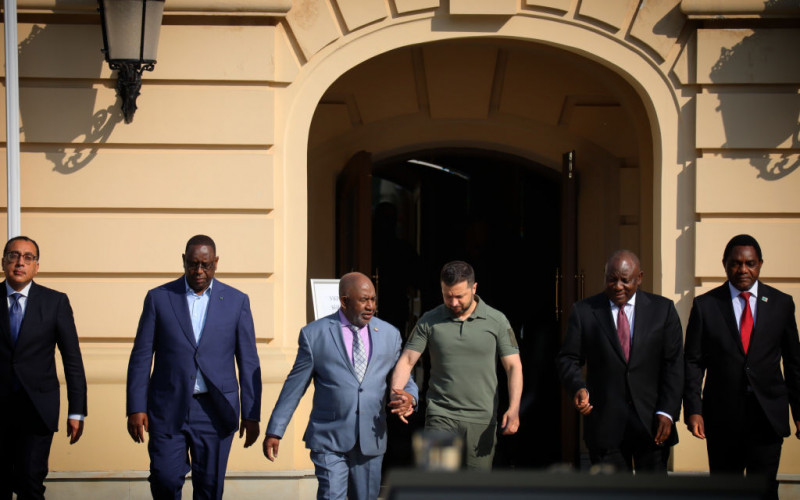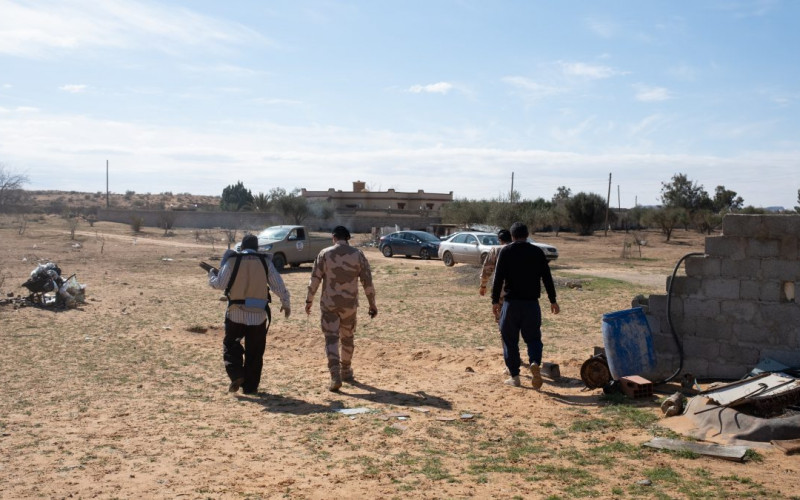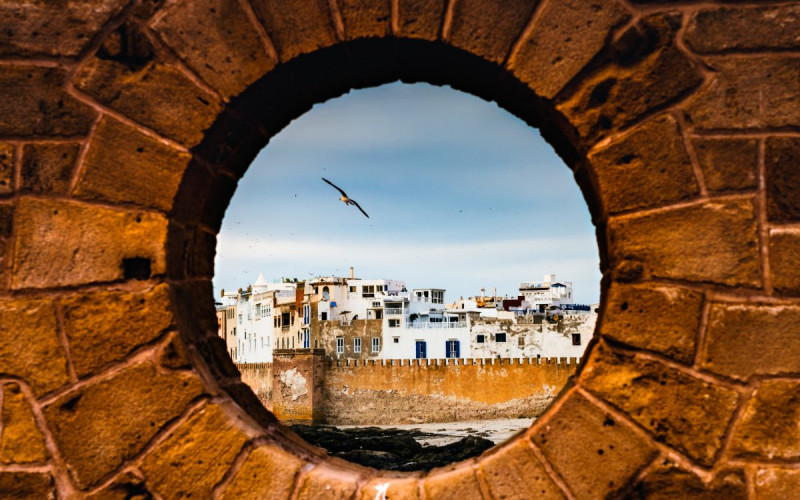Jacques Foccart’s phrase ‘partir pour mieux rester’ (‘leaving in order to stay’) has long exemplified how successive French governments have dealt with Africa. Francophone Africa specifically has been seen as an enduring extension of France. On 6 and 7 December 2013, French President François Hollande will host over 40 African Heads of State and Government at the presidential palace, the Elysée in Paris.
Oddly, the president of Africa’s largest economy and France’s most important African bilateral economic partner, South Africa’s Jacob Zuma, will not make the trip. Apart from the new and old barons of Francophone Africa, a high-level crowd is expected, including the United Nations (UN) Secretary General, African Union (AU) Commission Chairperson, and senior World Bank and International Monetary Fund (IMF) Representatives. The event will seek to marry France’s bilateral engagements with strong institutional support from these premier institutions of global and continental governance.
Like his predecessor, Nicolas Sarkozy, Hollande promised last year that France’s role in Africa would be markedly different, based on common interests and mutual respect. This implied less military intervention in African affairs, consistent with the French Socialist Party’s views. But after this Elysée summit, what will African leaders have gained?
The return of security and the French gendarme
Two important institutional changes have recently occurred. First, President Hollande has liquidated the Africa Cell at the Elysée, whose end was announced by Sarkozy. With it went many ‘official emissaries’ who navigated the incestuous milieu of politics and business which reflected poorly on French behaviour in Africa. Second, the ministry of cooperation has been replaced by the ministry of development under Pascal Canfin who has a broader, multilateral vision of developmental challenges. These institutional evolutions have been underwritten by reorganisation of France’s military bases in Africa, validated by the country’s 2013 White Paper on Defence.
However, the substance of French engagement with Africa remains constant. This summit follows two French military interventions in Africa. Hollande authorised Operation Serval in Mali in January 2013, which led to democratic elections in July. And the UN Security Council has agreed to a French-sponsored resolution mandating an enlarged AU peacekeeping force in the Central African Republic. Moreover, France is in the process of sending an additional 600 soldiers to Bangui to support a battalion already in place.
So while France has signalled retreat through extensive reorganisation of its military presence, the country remains the most effective gendarme and fire-fighter in (mostly Francophone) African conflicts. Thus, the Elysée Summit on Peace and Security occurs against the backdrop of a redefined, but confident French military role in Africa.
Involvement in Africa’s peace and security problems has been a cornerstone of French foreign policy for more than half a century, with over 50 military interventions in Africa since decolonisation, sometimes with disastrous consequences for Africa’s democratisation and development. Furthermore, a great number of France’s activities at the UN Security Council have been dedicated to African issues, including resolutions authorising the use of force.
Even if the summit will include issues important to African leaders such as economic development and climate change, the focus will be strongly on peace and security. Notwithstanding the recent involvement of a Southern African Development Community military brigade in the eastern part of the Democratic Republic of Congo under a Chapter VII of the UN mandate, the future of that country remains uncertain with a weak government in Kinshasa. In Mali, Operation Serval under French command and the presence of the UN Multidimensional Integrated Stabilisation Mission seem to have provided a temporary solution to complex challenges. The Sahel remains unstable, with violence not abating in Kidal and the new determination by the Islamists to return to arms. The Central African Republic (CAR) on the other hand is a failed state.
Heavy French involvement in dealing with all of these crises should give African leaders pause for thought as to why Africa struggles to deal with its own security challenges.
Prospecting beyond the Elysée Summit
This summit takes place after France recently rescued Mali and the CAR from total failure and collapse, bringing into question the AU mantra of ‘African solutions to African problems’. As France reflects on its future role (and possibly not its interests) in Africa, African leaders must strategise on how to best tackle security problems, with all their limitations. This would allow key African states, to think about how best security and other public goods can be delivered in Africa with the help of external powers.
Three key issues ought to be considered. First, South Africa and key African states, including Nigeria, should think about an expanded (and not a restricted) notion of ‘African solutions to African problems’, that includes external actors such as France as essential pivots to a peaceful Africa, especially considering the UN Security Council’s peace and security mandate, and France’s pro-Africa stance in that body. Moreover, in the absence of African rapid military reaction capacities, the void is being filled by external powers with positive outcomes. Second, regional powers notably Nigeria and South Africa, should work more closely on African security issues. Urgent crises cannot be resolved when Africa’s big powers offer divergent solutions. In this regard, Nigeria should sign up to the South Africa sponsored African Capacity for Immediate Response to Crises (ACIRC). With underwhelming buy-in into ACIRC from African states, the absence of Zuma from the Elysée summit is a missed opportunity for selling the scheme. Third, France should seek a more solid rapprochement with Africa’s anchor states when it formulates its positions to African crises, including its interventions.
The Elysée Summit and the security context under which it occurs suggest that the gendarme has never left Africa. It is up to African leaders to think how best France can work within a framework that is defined and driven by African concerns and not by French preferences.

